The First Thanksgiving
by Mrs. Cindy Holden, 1st Grade Teacher Early American history is formally introduced in the First grade. Our students presented a drama depicting events that may have occurred at the first Thanksgiving celebration. We begin our studies in the fall with Columbus convincing world leaders that the world was a sphere and that if one traveled west, eventually they could return to the site of the beginning of their journey. We focus on the desire of Columbus and Queen Isabella of Spain to spread the Gospel to the New World. Through this approach we present a Biblical Worldview of our American…

